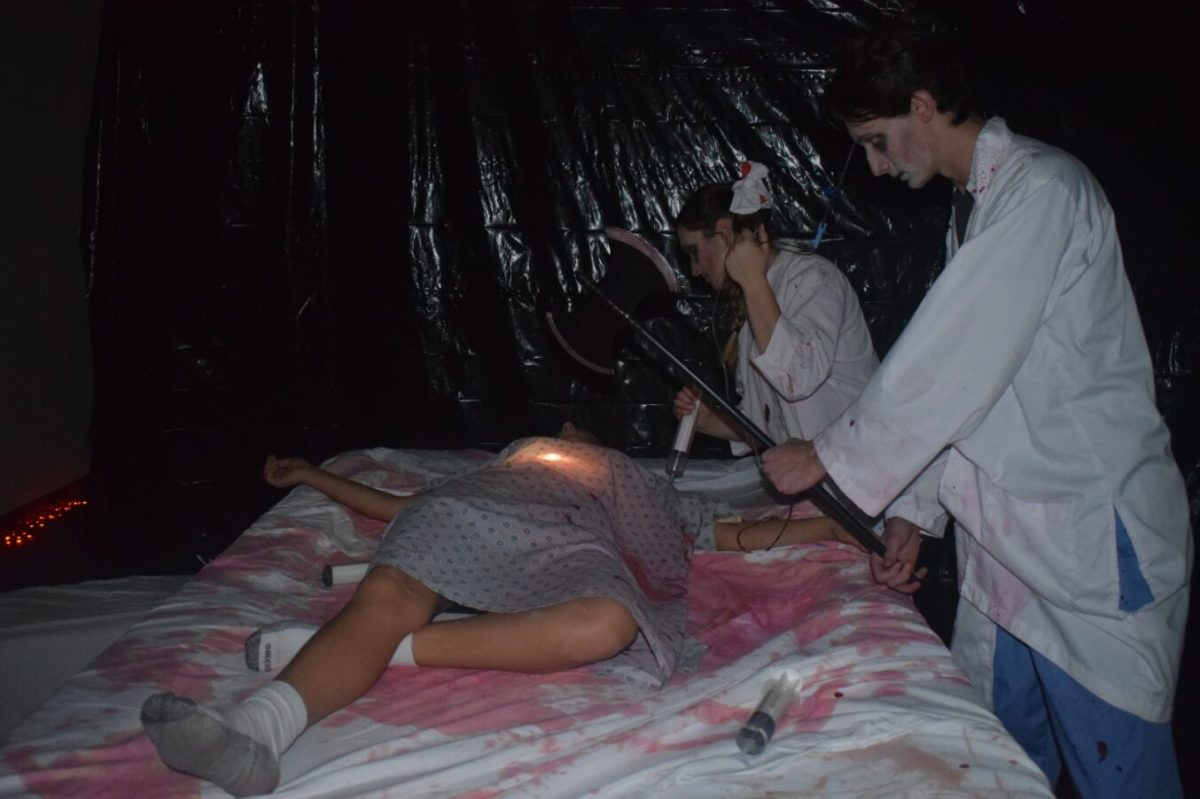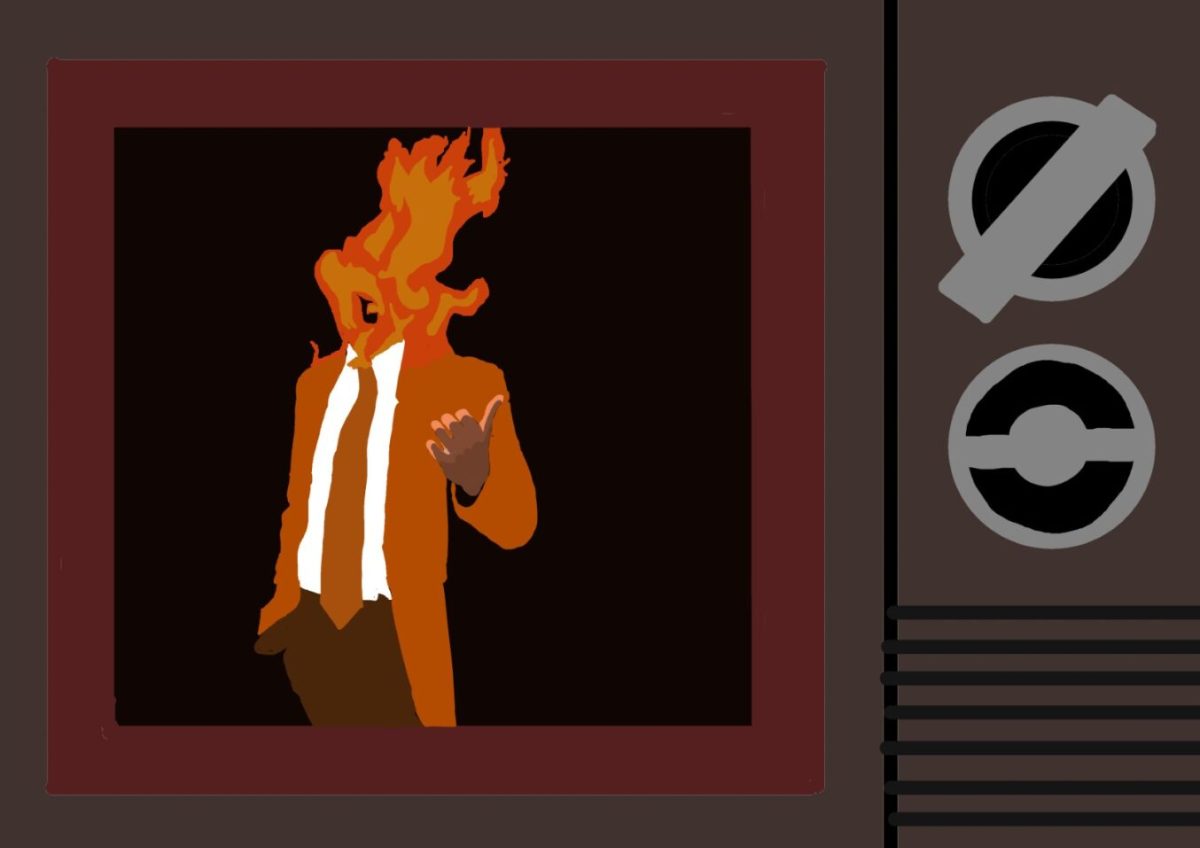
Madison Bowe / Winonan
Stress and anxiety are something everyone deals with in life, especially in college. Wellness Wednesdays focus on relieving and treating stress and anxiety. The event last week started out by having attendees fill out a bingo board with words describing the symptoms of stress and anxiety.
Attendees used a scale, which ranked them from “at ease” to “panicked” regarding their anxiety levels.
“People come back and tell me that it was really helpful, because then they can get a picture of where they are at with themselves,” counseling intern Nancy Miller said.
Students learn a system of how to manage their breathing, to stay present and alert of the situation. This allows them to take control of anxiety rising situations. Students breathed in and out for a total of 12 seconds to calm themselves and lower their heart rates.
Sometimes having anxiety can be a good thing. Anxiety can be motivating to people to push them to finish tasks. These are examples of everyday anxiety, not an anxiety disorder. Anxiety gives you the emotional drive to stop a child from crossing the street in front of cars, it gives you the drive to save someone from drowning.
“It motivates you to get stuff done,” sophomore Jenny Connell said.
Stress is also different than anxiety. People who are stressed know exactly what is worrying them, and stress also stems from external situations. The big thing about stress is how generally easy to pinpoint what the problem is which is causing the stress. People who are suffering from anxiety are unaware of what they are anxious about. It stems from fear and unease, and they can become more anxious because of the feeling of anxiety.
“Stress is like something in the present moment that is usually happening and anxiety is normally thinking about the future and has nothing to do with what’s happening right now, when the stressor is taken away you still have anxiety,” Connell said.
Anxiety disorders can have many different symptoms. Anxiety causes panic attacks, tension, angst, increased heart rate, chest pain and digestive problems. There are also many other symptoms associated with the disorder, which vary from person to person.
Anxiety can affect the brain in many different ways as well. It can affect the reasonable mind and turn it more into an emotional mind. The emotional mind suffers from mood and sensation based problems, and involves a lot of passionate emotion.
“Once I’m anxious, then I’m anxious and I’m off to the races,” Miller said.
A life without anxiety and stress is something most people dream about. Many students thought they would be more productive because they would not waste time worrying about the tasks they needed to finish. Others thought they would be less productive because they wouldn’t have any type of drive to finish tasks and projects.
“I don’t think I would be as productive— I wouldn’t have the drive to do everything,” Psychologist Mick Lynch said.
The most important thing you can do to treat your anxiety and stress is to be compassionate towards yourself. Be kind to yourself, remember that you are human and be mindful of your situation.
“Being mindful is really acknowledging those feelings and emotions that we have,” Miller said.
Students who are looking for guidance in dealing with stress and anxiety should visit the health and wellness center in the Integrated Wellness Center and attend seminars held on Mondays at 3 p.m. and Wednesdays at 2 p.m.





































